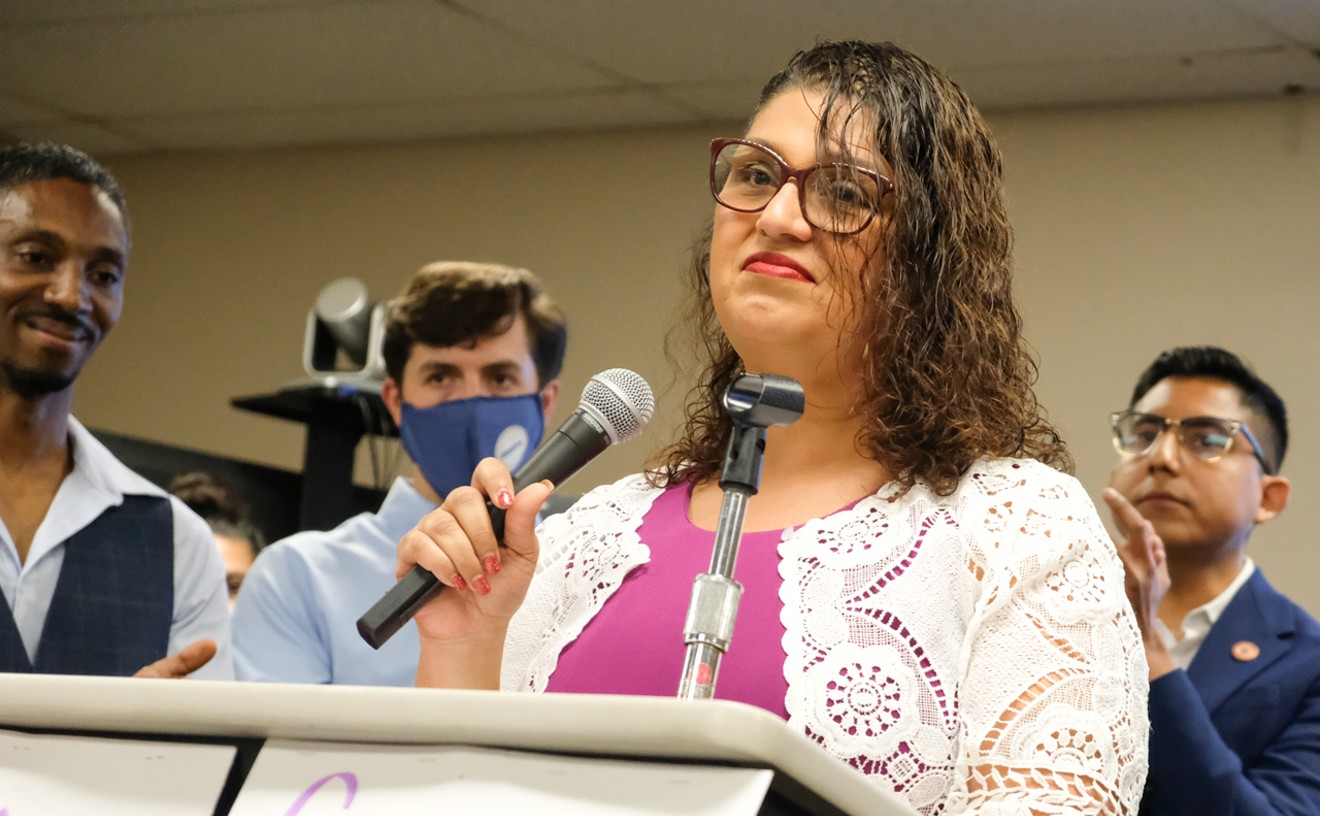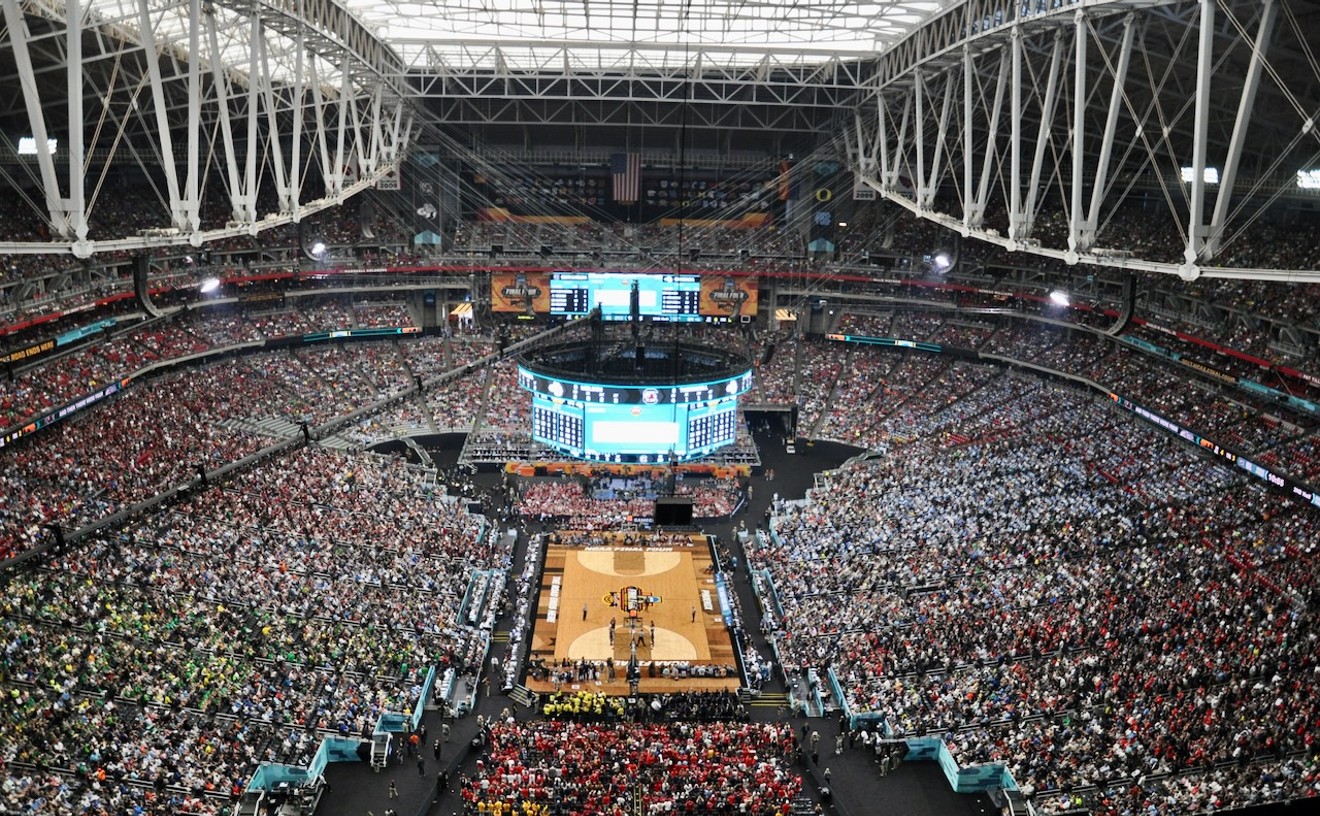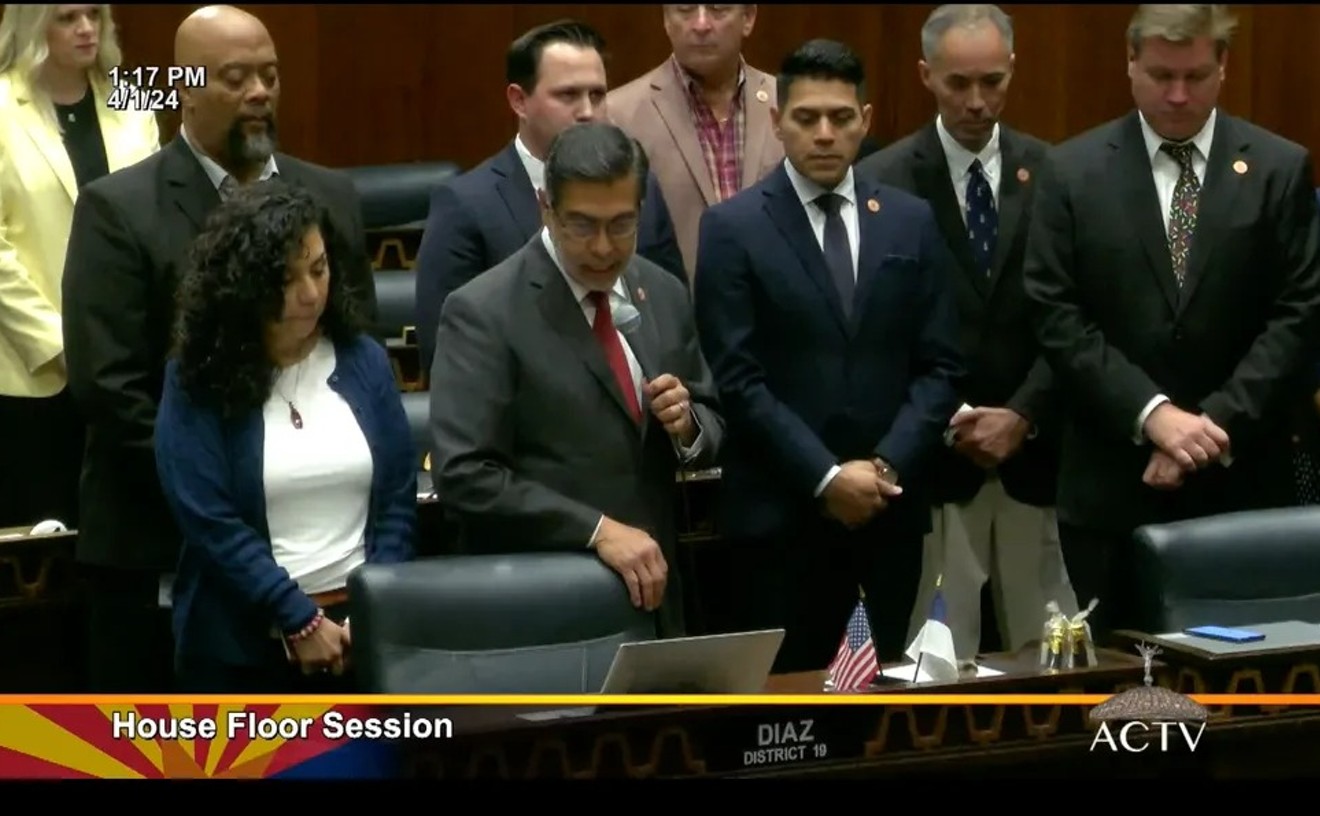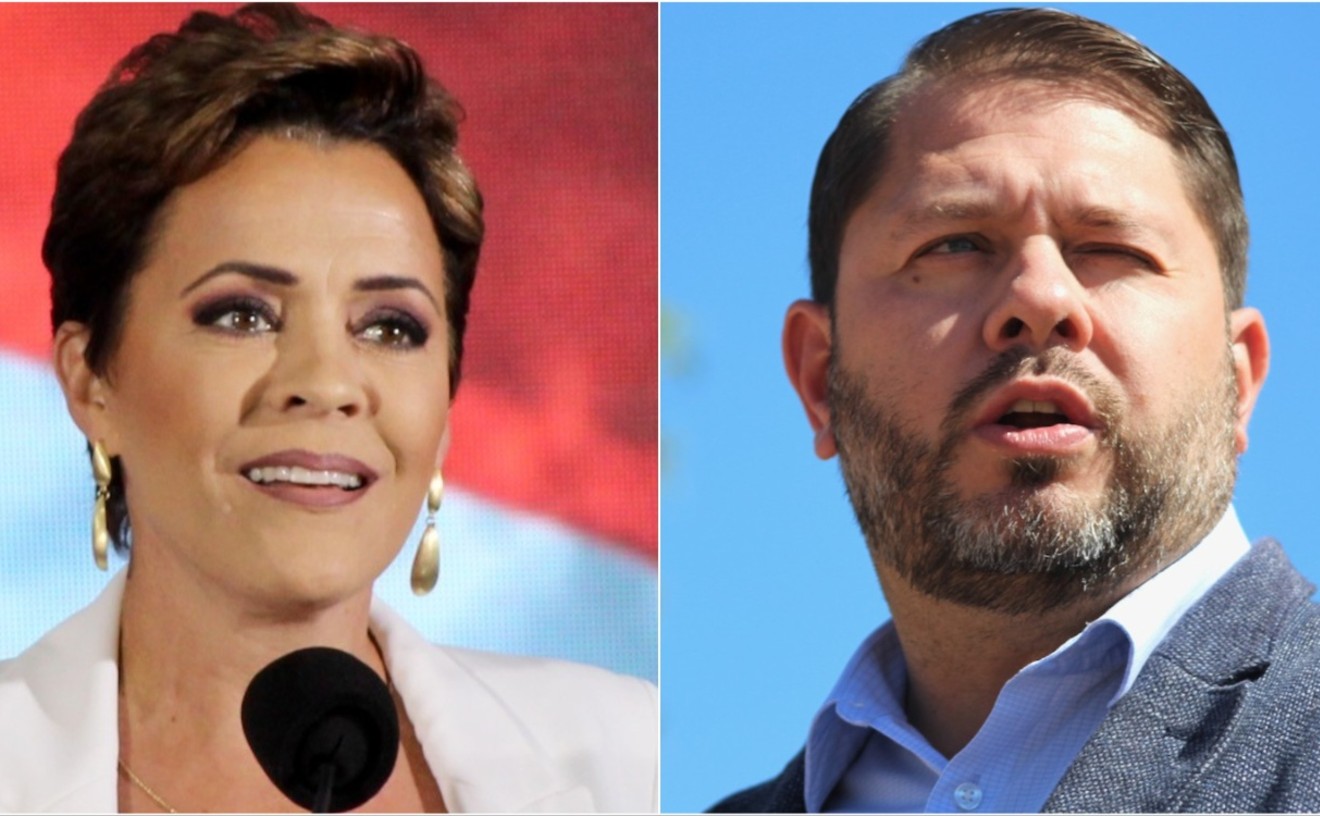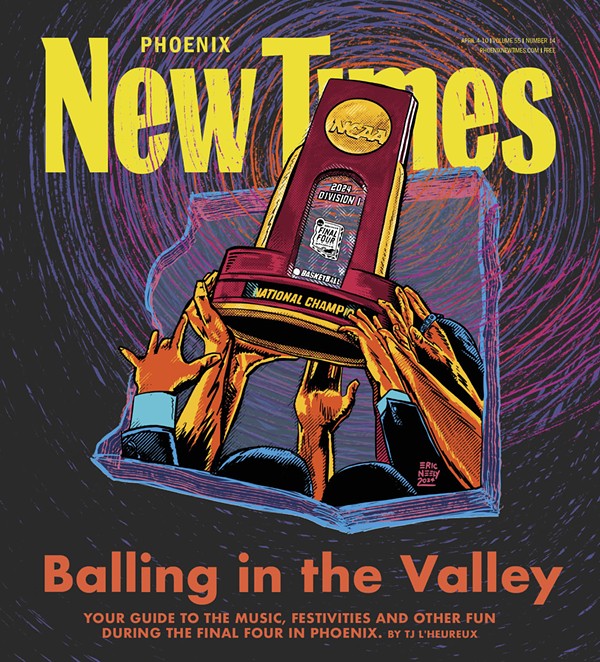An hour before the game started, Richard Dumas was out on the court, chewing gum and blowing gingerly on his hands to warm them up. He was always one of the first players out of the dressing room.
His hair was cut very short. His eyes always seemed so wide open. It was as though he was astonished to be in America West Arena as a member of the Phoenix Suns, then the hottest team in the National Basketball Association.
He had reason to doubt his good fortune. Dumas' adult years had been full of trouble that was of his own making. No matter where he went, his basketball skills made him welcome. But after a while, his drug problems prompted team officials to request that he leave.
Dumas was six feet seven inches tall, but he moved more quickly than players much smaller. He possessed so much natural grace. When Dumas took jumpers from outside, his accuracy was high. When he drove to the hoop to stuff the ball, he was as smooth as glass. Sometimes, after a particularly good move, Dumas would allow himself to smile.
Cedric Ceballos would be there on the floor, too. He moved slowly in warm-up, like a big cat. Another who came early was the player they called "Big Daddy," better known as Mark West. Most of the time, he stood under the basket and threw the ball back out for the shooters.
Oliver Miller was always out on the court early, too. Maybe Big Oliver was there trying to burn off the huge amounts of calories he had consumed during the day.
So was Frank Johnson. He was a mere six feet tall and seemed to have muscles on muscles. Watching Johnson warm up was almost an education in pregame preparation. "Fourth-Quarter Frank," as the radio announcers called him, was already in his mid-30s. He was hanging on because he knew so much more about the game than any of the kids.
He was also Charles Barkley's friend and running mate. When it came time for someone to tell Charles he was out of line, it was Frank Johnson who did the job. And when Frank talked, Charles listened. Frank was like another coach on the floor. His value to the team was much greater than his scoring average.
Jerrod Mustaf was another you could count on to be early, too. Mustaf was six feet ten inches tall and could run the floor and rebound. Mustaf reached the Suns in a complicated deal that saw Xavier McDaniel, a big-time player, go to the New York Knicks. Mustaf had potential. But he was always in hot water. His girlfriend died mysteriously. He hurt his hand in a car-door accident and didn't show up for work. He was making big money. He wasn't producing and showed no sign that he cared.
But Dumas was playing at that time for the minimum $140,000 per year, and wherever he went, he drew attention. The first time he stepped onto the court, it was against the Los Angeles Lakers, and he was guarded by A.C. Green.
Dumas faked Green and dribbled right around him to the basket and put the ball in the hole. It was a sweet move. Players in the NBA don't often succeed in making moves like that against players of A.C.'s caliber.
Within weeks, Dumas was being compared to Julius Erving and Connie Hawkins, two of the game's all-time great players. That wasn't because Dumas was boastful. He rarely talked about himself. In his own mind, Dumas was under a cloud because he had a drug problem.
It was drugs that had forced him to leave Oklahoma State after only two years. Then he missed his first season with the Suns after testing positive for drugs and was suspended. Dumas went to Israel to play, but the Gulf War shut down the pro league in which he was playing.
He went on to play in the CBA, a minor basketball league, awaiting his chance. He had been through drug rehabilitation. He was ready.
Paul Westphal, the Suns coach, and Lionel Hollins, his assistant, had gone to bat for him with Jerry Colangelo. So Colangelo reluctantly approved hiring Dumas.
And then, after watching Dumas play, Colangelo became enthusiastic, too.
Dumas arrived at just the right time. It was Barkley's first year in a Suns uniform. Almost everything went right.
Do you remember the last time Dumas got significant playing time? You have a short memory if you can forget his performance in the fifth game of the 1993 NBA Finals against the Chicago Bulls.
With Scottie Pippen guarding him, Dumas made 12 of 14 shots and finished with 25 points in a game that kept the Suns' chances alive for that fateful sixth game here at America West Arena.
His whole game was coming together. And everyone thought his life was, too.
But it was in Chicago that the reports started coming in that Dumas was seen drinking by himself in a bar near the team's hotel. He was off the track again. Not too many months later, Dumas was back in drug rehabilitation. He had turned himself in.
And now, after missing a full season, the NBA has announced that Dumas is once again suspended. He will no longer be paid by the Suns, and the multimillion-dollar contract he signed is null and void.
It is painful how quickly things change in the NBA.
When the Suns take the floor for the opening exhibition against the Denver Nuggets Thursday night, all six players will be missing.
Dumas, one of the most talented players to come into the NBA in years, has been fired by the Suns. The experiment is over. He is on his own.
West and Miller are with the Detroit Pistons.
Mustaf got a big payoff and his contract was bought out. Reports are that he was paid at least $2.5 million not to darken the Suns' door anymore.
Ceballos got caught in the numbers game at forward. He was shipped to the Lakers. Ced may well average 25 points per game if he gets enough playing time and his legs hold up. He is a scoring machine, but on many nights, his man will outscore him, because defense is not one of his great concerns.
Frank Johnson is in the Suns' front office. He will be around to counsel Sir Charles, but it won't be the same.
Everybody is doing fine except the most talented player of them all--Richard Dumas. Ceballos, West and Miller will all get big raises. Johnson got the job he wanted in the Suns' front office.
Only Dumas took a fall. You have to hope he'll make it back. Only a very few players are a sheer joy to watch in motion. Dumas has that rare quality.
The NBA needs him. The league doesn't need all those muscle-bound thugs out there on the floor shoving each other around.
Richard Dumas has too much talent. In years to come, his brief stay here will be magnified by those who saw him play. Surely, he can't waste his life like that.
Can he?





